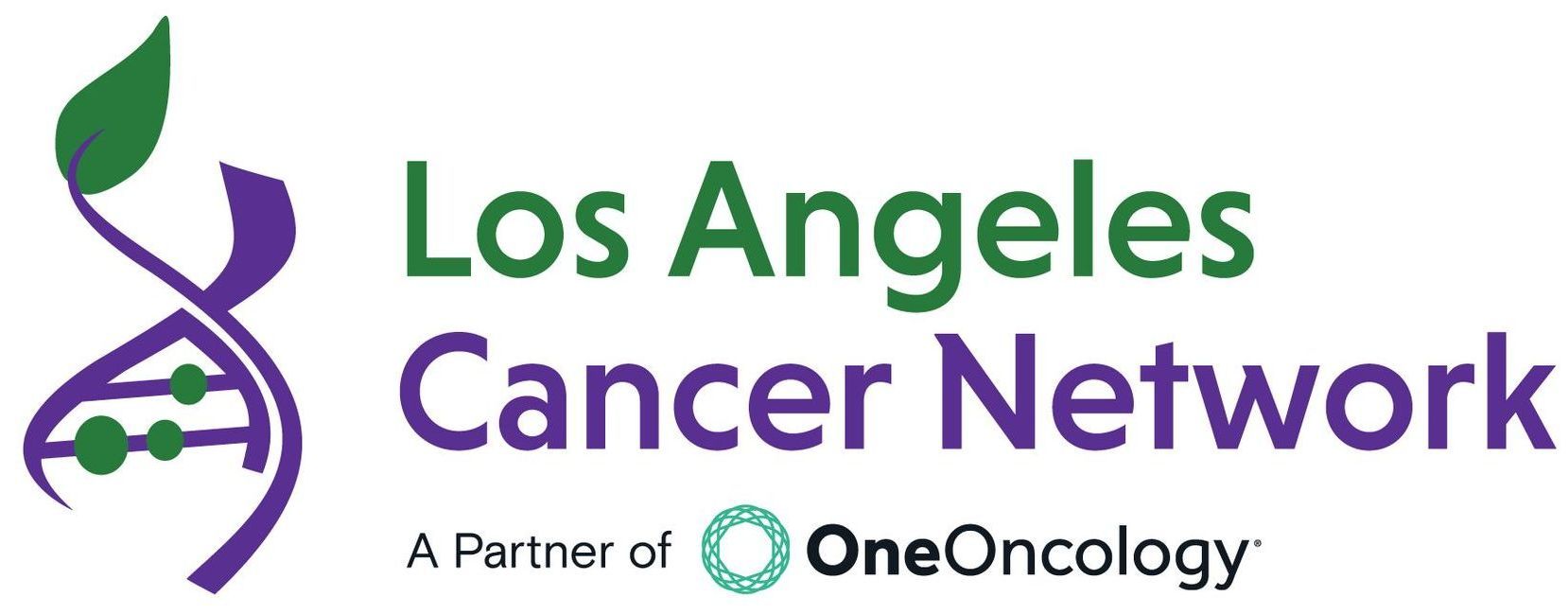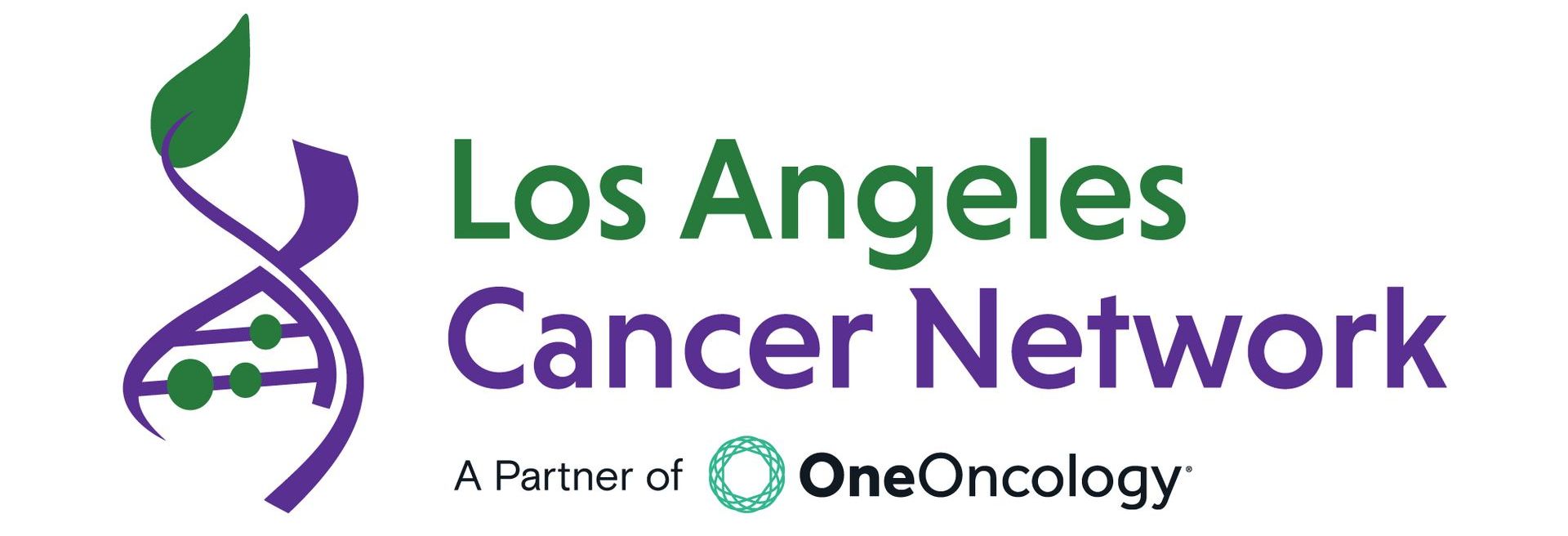BRAIN CANCER
What is Brain Cancer?
The brain, beyond being a network of roughly 100 billion neurons, is widely regarded as the organ that gives rise to our mind. The brain is not only made up of neurons but is also made up of many support cells. Known in the literature as glial cells, these support cells can be organized into various subtypes, which are specialized to perform different functions. As is the case for cancer that originates in other organs, brain cancer can originate in the various types of neurons and glia. This, among other factors, allows for the many different types of brain cancers that can develop, such as an astrocytoma—a cancer of a specific kind of glial cell.
What Causes Brain Cancer?
Brain cancer develops as a result of changes to the genetic material within brain cells. These changes result in the pattern of cell growth and division characteristic of brain cancer. Although the increased likelihood of developing brain cancer is associated with the following factors, according to the American Cancer Society, in most cases, physicians and scientists are still trying to determine what causes brain cancer to develop:
- Aging
- Family history of certain cancers and syndromes
- Personal history of certain cancers and syndromes
- Exposure to certain chemical substances
- Exposure to radiation
- Genetic mutations
- Immune system impairment
- Smoking
How is Brain Cancer Detected?
Our specialists collect information regarding medical history, surgical history, social history, and family history; conduct laboratory testing, and review radiological studies to approach patient care in the most comprehensive and personalized manner.
If brain cancer is suspected, a doctor will likely order imaging to help arrive at a diagnosis. Imaging might include a CT scan, PET scan, PET-CT scan, or MRI. A CT (computed tomography) scan uses X-rays to generate a three-dimensional picture of the body whereas a PET (positron emission tomography) scan uses a small amount of radioactive tracer to locate any cancer cells by how readily they take up the radiotracer. A PET-CT combines the features of a CT scan with those of a PET scan. Lastly, an MRI (magnetic resonance imaging) uses magnetic fields to generate a detailed representation of the body.
If upon review of your results your doctor notices a mass suspicious for brain cancer, he or she will likely order a biopsy in order to make a diagnosis and plan treatment, if necessary.
Signs and Symptoms of Brain Cancer
The following, among others, may be indicative of brain cancer but may also be indicative of other illnesses:
- Difficulty hearing
- Difficulty sleeping
- Difficulty speaking
- Dizziness
- Drowsiness
- Double vision
- Headaches and/or migraines
- Impaired judgment
- Inability to perform daily activities
- Lactation
- Loss of balance
- Loss of consciousness
- Loss of control of motion
- Memory impairment
- Motor impairment
- Numbness
- Personality changes
- Seizures
- Sensory impairment
- Weakness
It is important you tell your doctor if you have any of these signs and symptoms, so he or she may determine their cause and plan treatment, if necessary.
Staging of Brain Cancer
“Staging” occurs when a physician uses to test and scan results to determine which parts of the body are involved by cancer, in this case, brain cancer. Staging is important because different stages of brain cancer are better addressed with treatments that may differ in amount, combination, or type.
How is Brian Cancer Treated?
Treatment of brain cancer, depending on the stage and type, may include chemotherapy, radiation therapy, and/or surgery. These treatments may be used individually or in combination based on your doctor’s recommendations. It’s important to discuss all of your treatment options with your doctor to help make the decision that best fits your needs. Some important factors to consider when deciding on a brain cancer treatment plan include:
- Your age, health, and lifestyle.
- The stage of your cancer.
- Any other serious health conditions you have.
- Your feelings about the need to treat cancer right away.
- Your doctor’s opinion about if you need to treat cancer right away.
- The likelihood that treatment will help fight or cure your cancer.
- Possible side effects of each treatment method.
You may feel the need to make a quick decision, but it is very important to ask questions if there is anything about which you’re not entirely sure. It is very important for you and your doctor to communicate and work together to weigh the benefits of each treatment option against the possible adverse effects in order to ultimately determine which treatment option is best for you.
Our Approach
The doctors here at LACN are here for you every step of the way through your journey. Our specialists can provide you with comprehensive, personalized care to help from diagnosis to remission and thereafter.












